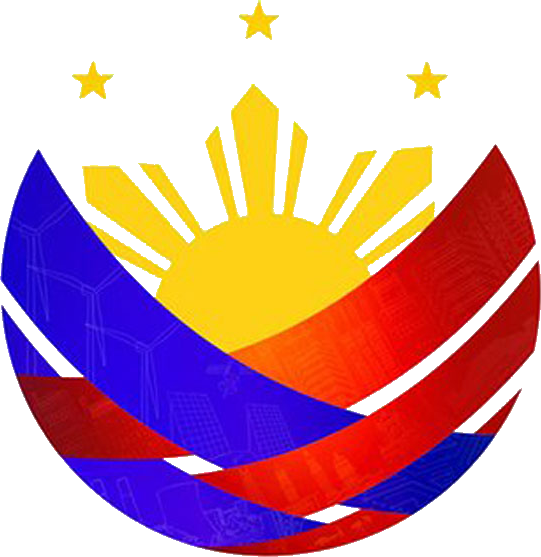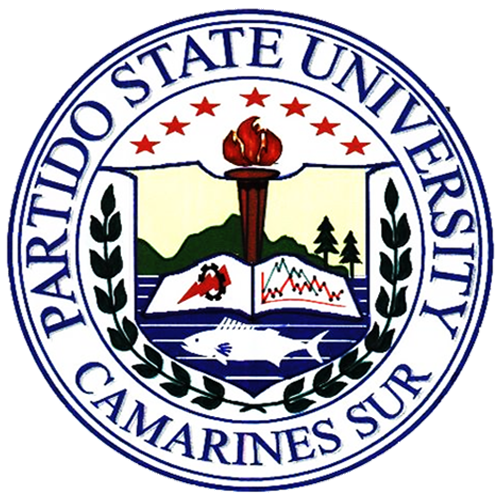To conduct skills training and transfer of knowhow to faculty researchers in conducting oceanographic surveys and research to help Bicolanos in the coastal communities in making science-based choices in terms of potential livelihood opportunities and sustainable livelihood practices, the Partido State University-Caramoan Campus, in collaboration with the University of the Philippines Marine Science Institute hosted the Seminar Training on the Assessment of Water Quality and Profiling of the Coastal Environment on October 2-10, 2023.

The seminar-workshop training featured various lectures, hands-on training sessions, and demonstrations spearheaded by prominent scientists and their research associates from the University of the Philippines Marine Science Institute (UP MSI). The training brought together nine distinguished experts, six university associates, and more than 20 participants from various universities in the Bicol Region.

The opening activity involved hands-on training in basic oceanographic tools, including water sampling and profiling protocols, led by Professor and National Academy of Science and Technology Academician Dr. Cesar Villanoy. This practical demonstration set the tone for the subsequent days of learning and fieldwork. Key lectures were delivered throughout the 10-day training. Dr. Cesar L. Villanoy provided insights into the oceanography of the Philippine Archipelago. Dr. Charissa Ferrera, the 2018 L'Oréal-UNESCO For Women in Science National Fellowship awardee and one of the Asian Scientist 100 (2019 Edition), discussed Coastal Water Quality Monitoring and Oceanographic Tools. The NAST Academician, Dr. Cesar Villanoy, lectured on the Field Survey and the Atulayan Circulation Model. Dr. Fernando P. Siringan, an Academician of NAST and former Director of UP MSI, delivered a lecture on Coastal Erosion in the Philippines. Ms. Denise Faye Janer, a university research associate, shared her study results on acoustic data from Pag-asa Island. Dr. Wilfred John Santiañez, Assistant Professor at UP-MSI and Principal Investigator in the Phycology Laboratory, presented lectures on identifying seaweed species. Dr. Eizadora Yu, Associate Professor and Associate Dean for Mentoring, Academic Progress and Advancement (ADMAPA), explored molecular diversity in marine organisms. Dr. Maria Helena Yap, a Professor Emeritus, discussed integrated habitat and livelihood analysis in the center of biodiversity. Dr. Rene Abesamis, a distinguished expert in Marine Protected Areas and co-developer of the MPA-FishMApp, provided an orientation on Fish Visual Census using MPA-FishMapp.

The final day of the seminar focused on practical application, with participants engaging in hands-on Fish Visual Census training led by Dr. Rene Abesamis, an expert in Marine Protected Areas. Another group participated in seaweed collection activities guided by Dr. Irene Rodriguez, a Balik-Scientist and Associate Professor at UP-MSI.

Engr. Ricardo C. Alindayu II and Jan Danielle P. Bonita of the Microbial Oceanography Laboratory concluded the session with a lecture and training on macro and microplastic assessments. This comprehensive seminar provided a platform for knowledge exchange, practical training, and networking, all aimed at ensuring the sustainable development of mariculture in Caramoan, Camarines Sur.
The participants find themselves grateful for the wealth of knowledge and expertise shared. This event paved the way for them to be deeply aware of the critical importance of safeguarding the coastal environments. The collaboration among distinguished experts, passionate participants, and the tireless commitment of UP-MSI and ParSU has ignited a sense of responsibility toward preserving the oceans and the vital ecosystems they support. Participants understood that the sustainable path for mariculture is intertwined with the collective dedication to protecting fragile coastal ecosystems.

The event is in line with the goals of the ParSU Futures Thinking and Higher Education Research and Innovation Programs and Initiatives, which is to "promote sustainable behaviors among people, with these desired behaviors strategically integrated with science, culture, education, technology and the arts through capacity building."





